Have you ever felt like your “internal clock” is out of whack (or entirely nonexistent), leaving you tired and out of sync? Despite how it may seem at times, you do have an internal clock called your circadian rhythm that regulates your sleep/wake cycle and “schedules” your body for activities including sleeping and eating. So, is there a way to control your circadian rhythm to feel better or become a morning/night person? We talked to sleep specialist Ed O'Malley, Ph.D., FAASM, to give us some insight into what exactly our circadian rhythm is, and how we can influence it.
“Circadian rhythm is how our bodies keep track of time, distinguishing between days and nights,” Dr. O'Malley says. Our bodies, responding to sunlight through cells in our eyes in the morning, signals the brain to turn off melatonin production, and then turns it back on after sunset.
Listening to your body for signals can help you feel better on your usual schedule. “Some signs that your circadian rhythm is disrupted are having difficulty initiating sleep at your regular bedtime, feeling sluggish in the morning despite adequate nighttime sleep, or experiencing difficulty awakening at your usual wake time,” Dr. O'Malley says.
While he indicates factors that can cause disruption — travel, caffeine, alcohol use, and stress, for example — and suggests that modifying any of these can help, Dr. O'Malley says light is the biggest influence on our circadian rhythms.
“The most important inputs come from natural and artificial light exposure,” he says. “The simplest and strongest modifier is morning sunlight. Getting outside within 20 to 30 minutes of arising is the strongest signal that sets the internal rhythm.” He also suggests reducing any blue-light exposure — from electronic devices such as cellphones, tablets, and laptops — after sunset, as these influence melatonin production. If you’re trying to adjust your schedule a bit, perhaps by getting up an hour earlier or going to bed later, playing around with the timing of these things can help.
Artificial light is helpful, too. Dr. O'Malley explains: “Red light exposure, like Helight Sleep, in the evening, particularly during the nightly melatonin release period, can enhance melatonin production, thereby making falling asleep, staying asleep, and/or returning to sleep, more likely.”
This article is for general informational purposes only.
Affiliate Disclaimer Medical Disclaimer



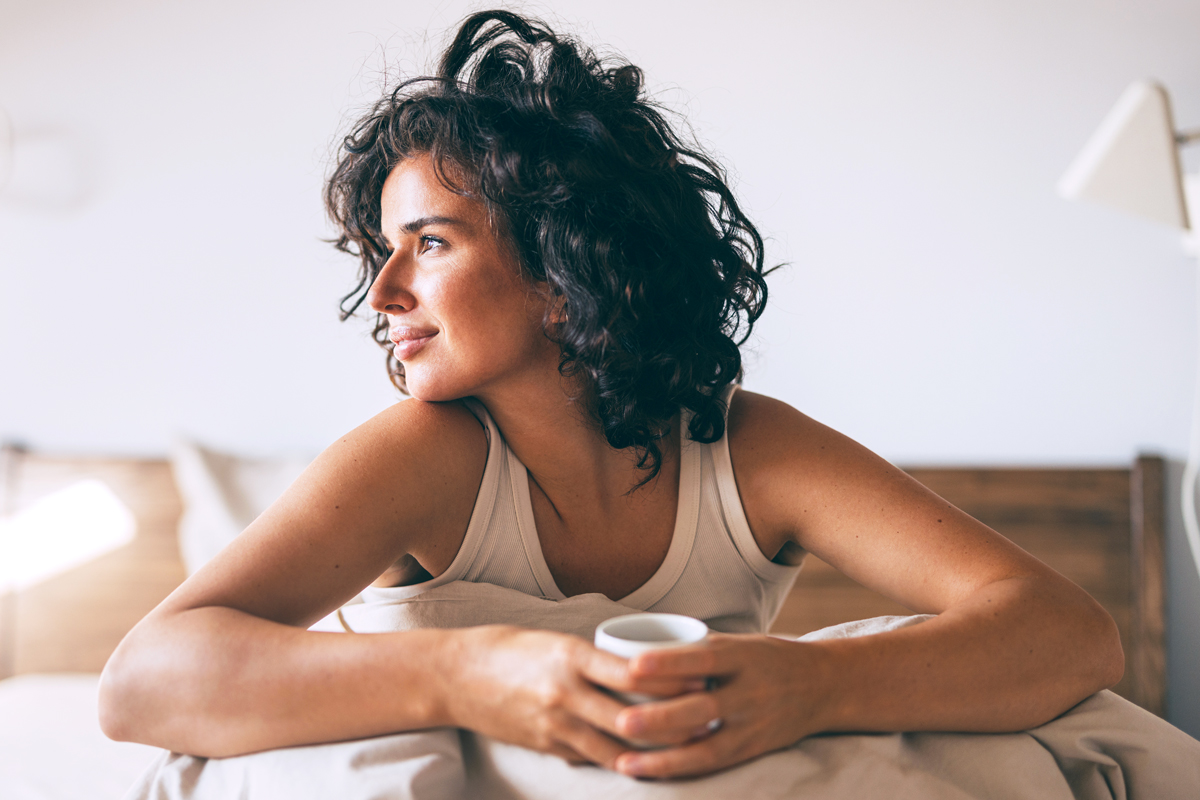
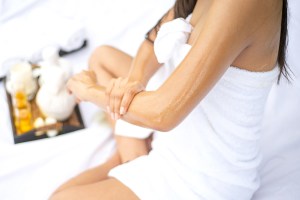
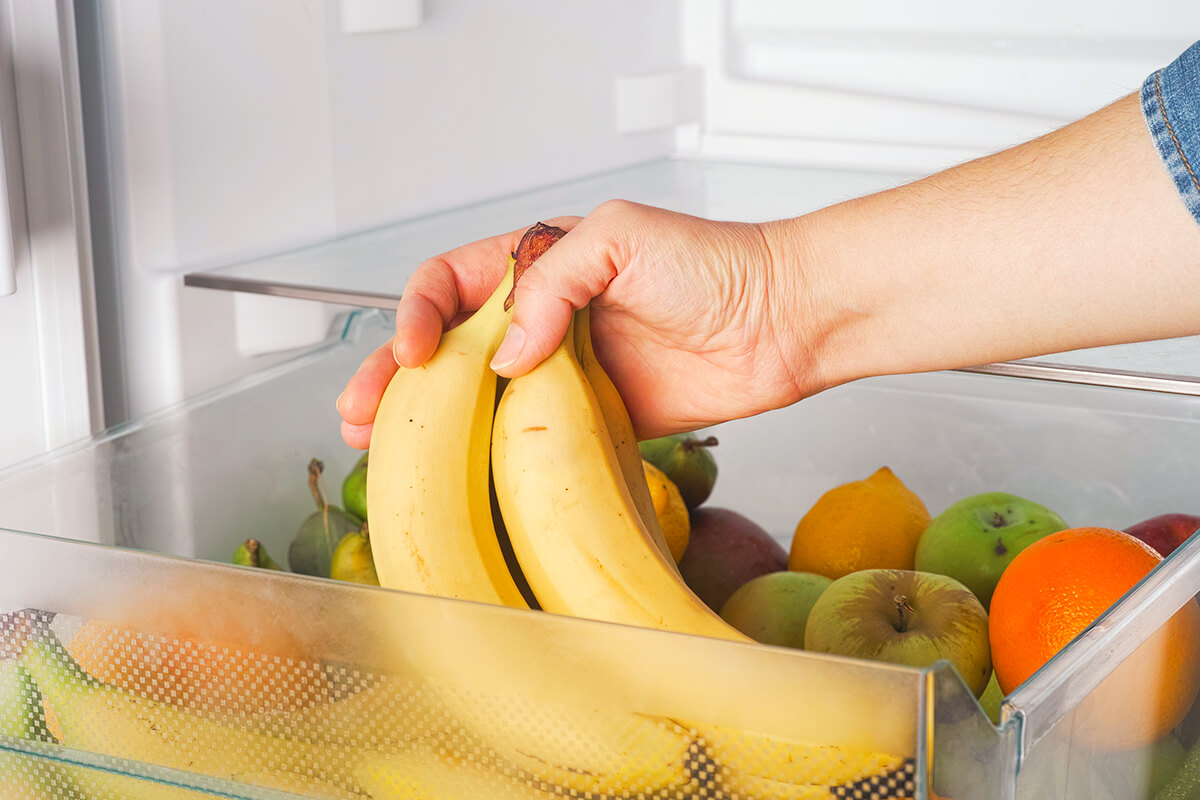


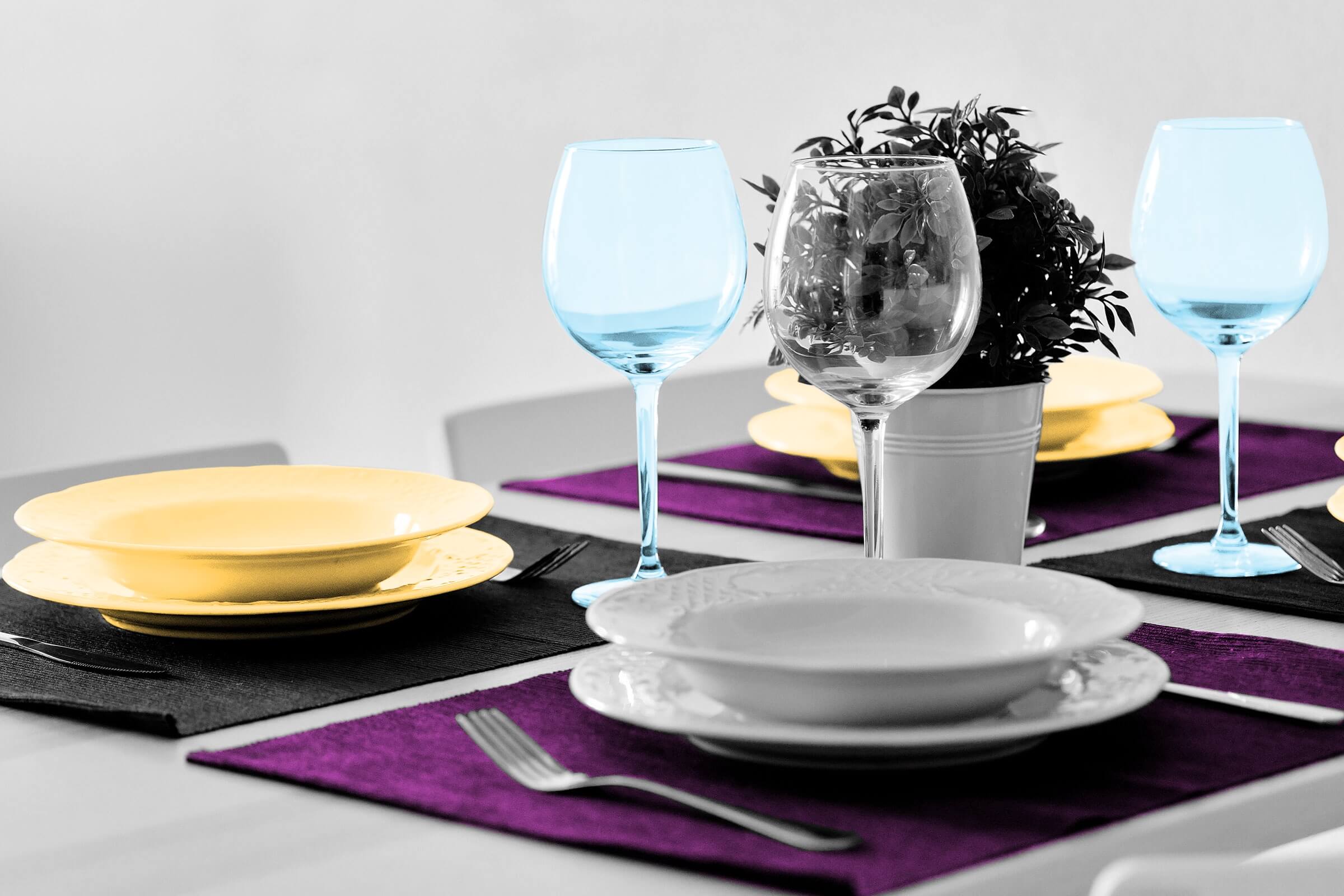

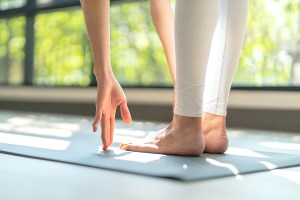


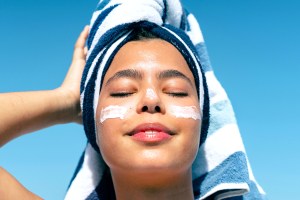


 Unique Beauty is free for all users.
Unique Beauty is free for all users.